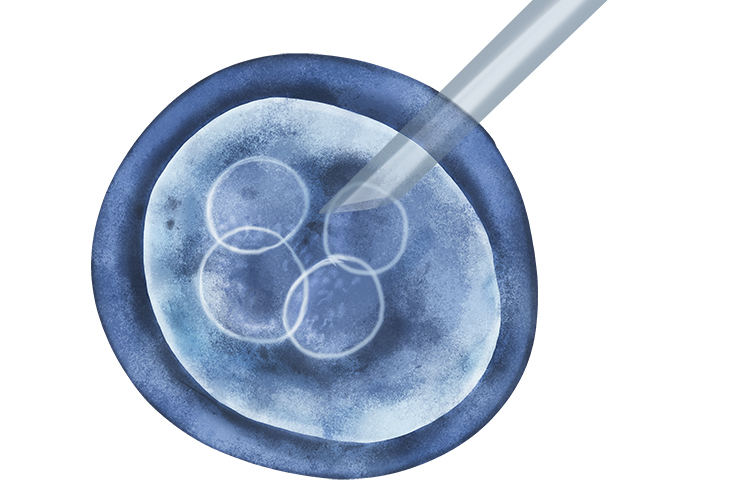Sanctity of Life – Belief that life is sacred/special because it was created by God, or because we are each unique individuals
To remember the meaning of the term Sanctity of Life, use the following mnemonic:
She sang a ditty (sanctity) about her belief that life is sacred.

In the Western world, sanctity of life is a phrase usually applied to just humans.
This contrasts with Eastern philosophy, in which all animal life is held to be sacred. In some instances this is taken to the extreme. For example, some followers of Jainism carry brushes to sweep insects from their path in case they accidentally walk on them.
The sanctity of life is considered by most religions to be fundamental and essential because people cannot create life, and so have no authority to destroy it.
The idea of the sanctity of life is at the heart of ethical debates on embryo experiments, abortion and euthanasia.

While it is generally recognised that life is created at conception, and that everyone has been a human embryo, the question for debate is: when does human life acquire the status of becoming a human person whose life is sacred and therefore inviolable?
While abortion up to a certain period of gestation and some kinds of experimentation on embryos are legal in many countries, there are religious groups who oppose these acts.
The world has moved generally towards a more liberal view of birth control, abortion and experimentation on embryos and fetuses. However, there is still opposition in many countries including, for instance, the U.S. where some states have been reviewing their abortion laws to make them stricter.




